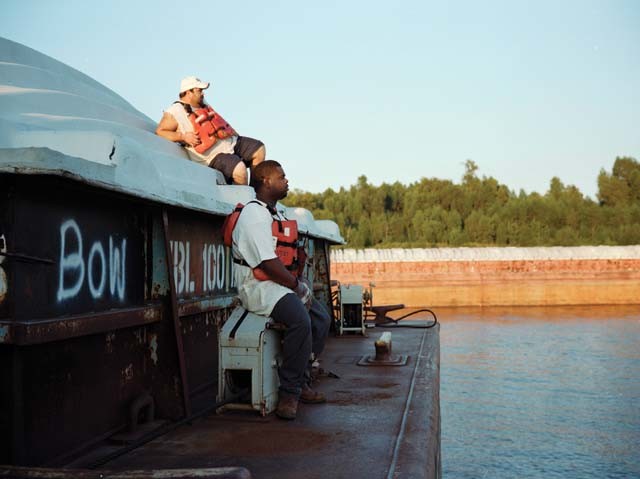One of the big challenges of training new personnel and assimilating them into a functioning crew is dealing with the unknown. Thus, taking anything for granted regarding their knowledge and abilities is likely to backfire in small and large ways.
Big cultural changes occur over the years as new generations cycle through the workforce, overlapping one another. No longer can it be safely assumed that young (or not-so-young) adults who arrive on board, new to the environment and now entirely under the watchful eye of the crew, possess what in the past would have been considered universal basic life skills covering a broad range of daily activities. Nor can it be assumed that they will readily adapt and apply whatever knowledge and skills they have arrived with.
To leave them to their own devices is to court disaster.
I’m referring, at least initially, to the simplest of tasks, such as how to use basic hand tools to maintain or repair “stuff” or how to thoroughly clean the vessel, inside and out, and sanitize as needed. And how about doing all of this without getting injured in a fall or breathing in toxic fumes from using cleaning chemicals incorrectly? How about being able to operate various household appliances ranging from a laundry machine to a mop bucket and wringer? Then there are basic food-handling safety, sanitation, and storage principles, or simply being able to cook a reasonably palatable dinner.
At one time most children would have learned some or most of these things from their parents, older siblings or relatives, and other adults. That is no longer the case.
The great irony, of course, is that Baby Boomers and the subsequent Generation Jones and Generation X, whose progeny have gradually arrived in the workforce with fewer lessons learned, are the ones who complain about it while simultaneously being responsible for the social changes that have led us here.
We have met the enemy and he is us. I’m talking to you, Al and Peggy Bundy!



.JPG.small.400x400.jpg)

